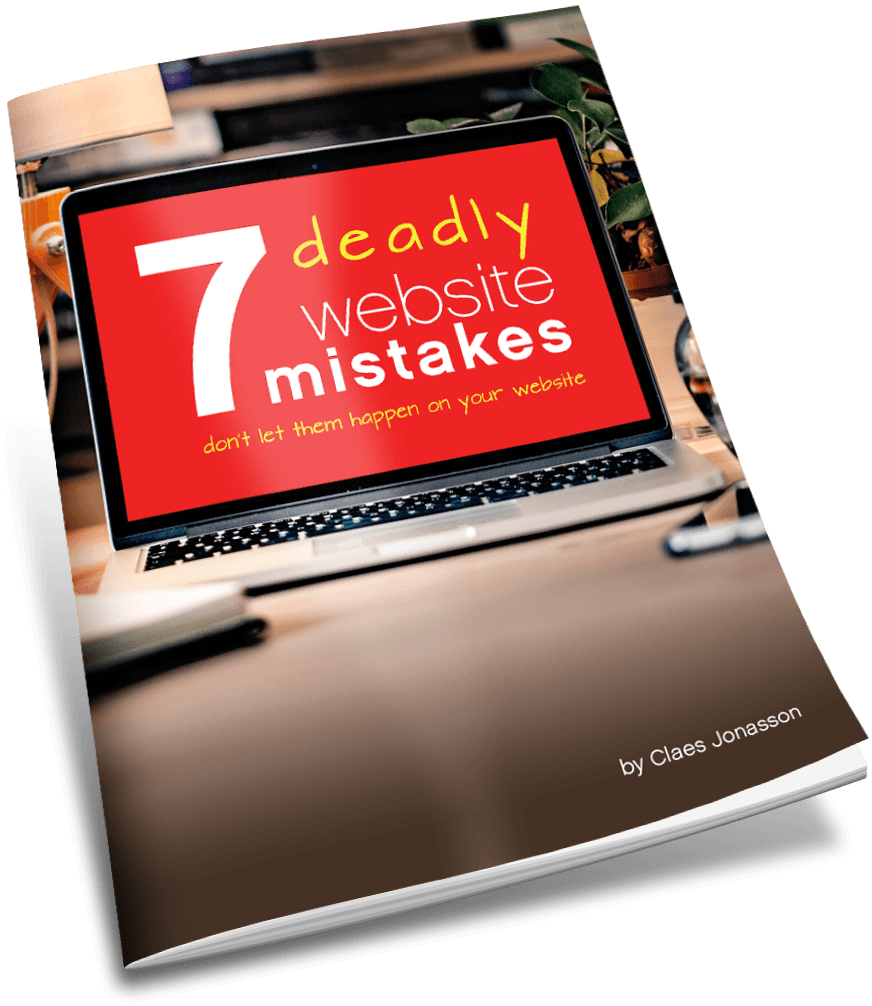Rest: The antidote for marginless living
If you are reading this blog post, you’re most likely an entrepreneur, living and functioning in a highly technical world that is racing forward at break-neck speed. Ironically, the more progress-focused we’ve become, the busier we are and the less time we have for loved ones and ourselves. The list of things to do never diminishes. It’s more likely ever increasing.
Dr. Richard A. Swenson, M.D., in his book, Margin, laments, “The conditions of modern-day living devour margin.” Lack of margin has quickly become almost a universal problem. We’re stretched to the limit. We speak of being overloaded, overworked, overstressed, overextended, overburdened, overbooked, and overwhelmed.
We’ve come to view the ability to multi-task as a skill when it’s really a symptom of an already too-busy life. Especially as entrepreneurs, we gloat about our busyness, our full schedules, and piling deadlines. We push our lives to the limits.
As a medical doctor, Dr. Swenson is concerned about the lack of margin in our society because every day he sees the toll it’s taking on people’s physical, emotional, relational, financial, and spiritual health. Lack of margin is literally killing us.
Rest is the antidote for a life without margin
Think about it: Rest may be the most difficult of all healthy disciplines to put into practice. Why? Because we’re driven. There’s so much to do and so little time to do it. Resting feels so passive, so unproductive! Hard work is virtuous, right? So why would I want to rest?
Remember the old saying, “All work and no play makes Jack a dull boy”? It’s true, when all we do is work, not only are we no fun to be around (probably the original meaning of that saying), but we’re also pretty dull (as in “not too bright”).
Fear and anxiety may also keep us from resting. We may harbor fears that if we let up for even a moment, the competition will overtake us. Or maybe we’re addicted to work. We’ve trained ourselves never to sit still. We’ve always got to be doing something. Everything we do has to be producing some tangible benefit. Maybe we’re just too proud to rest. Our motto is, “I got this!” And we say it without regard for all the other work stacked on our plate.
I don’t know what your view of God is but consider this: In the creation account in Genesis 1 and 2, it says that God created all the heavens and the earth in six days, and, “On the seventh day he rested from his work. Then God blessed the seventh day and made it holy, because on it he rested from all the work of creating that he had done.” (Genesis 2:2-3)
But what we find in the biblical account is that God did not rest because he was tired. He rested for two other important reasons: To enjoy what he had created, and to provide us an example to follow. In fact, God saw our need for rest as so important that he included it as one of the Ten Commandments. He intended that rest commandment as a gift, but we’ve grown to see as a burden.
When we create margin in our lives by resting, we:
- Bring balance to our busy lives
- Recharge our batteries
- Reduce stress and its physical, emotional, psychological, relational, and spiritual effects
- Gain a fresh perspective on life and the issues we’re currently facing
- Enjoy the fruits of our labors
- Invest in our relationships
How to Rest
It almost seems silly to write about how to rest. All animals know how to rest instinctively. If you have a dog or cat, you know what I mean. But I know how much I and most others struggle with this issue, so I think that it warrants a discussion.
- Rest is a mindset. Rest is more than merely ceasing from work. We can stop working and our minds may still be planning, scheming, fretting, etc. The above example showed us that true rest is a decision to enjoy what we’ve created. It’s the conscious pursuit of loving relationships. Rest is seeking quiet, peace, and renewal.
- Rest is a practice. Rest is a mindset, but it’s more than that. To cease from work and take a day off takes discipline. Put it on your calendar. Make it a weekly, repeating entry. You decide how to spend your day of rest. But I challenge you not to answer work emails, return work calls, or engage in other work-a-day tasks. Instead, do things that give you enjoyment. Spend time with loved ones. If you’re married, make love. Read a book for pleasure. And by the way, get a good night’s sleep each night.
- Rest is a talent. If taking a day of rest is new for you, I can almost guarantee you’ll feel awkward at first. The ability to truly engage in rest requires practice. It’s an art, a talent that doesn’t necessarily come easily at first. In the beginning, you may find yourself treating rest like another project, but resist that temptation. We always think we need a list of things to do.
When starting out, it may help to associate rest with a location: a lakeside cabin, a park bench, a walk in the woods, or some place you know you can find peace and quiet.
Our society keeps getting more and more busy. We’ve squeezed margin right out of our lives. Rest is the antidote for lack of margin. Take time to rest each week—even every day. Let yourself reboot, refresh, renew.
And when you find yourself stuck in the whirlwind of frantic activity, let that trigger the response, “Oh, yeah! I need to rest.”
Never miss out!
Get an email update every time I publish new content. Be the first to know!

